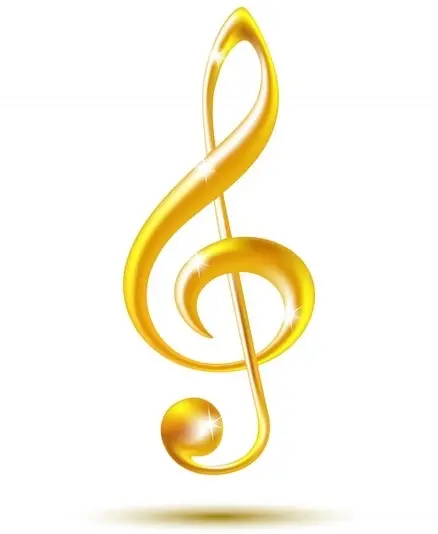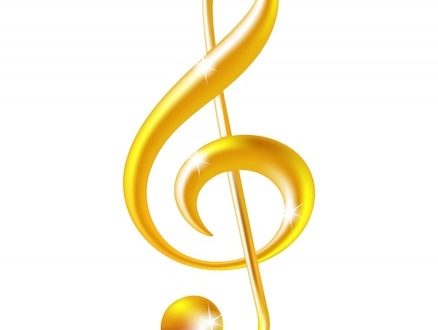
Chansonnier |
Chansonier (French chansonnier, from chanson – song).
1) French. poets and songwriters (often the authors of their lyrics, sometimes their music; usually they use popular melodies). The origins of the French Sh. go back to the suit of minstrels, troubadours, trouveurs. Ever since the satire. “Mazarinade” (17th century) is inherent in the work of Sh. coloring, which was especially bright during the revolutions of 1830, 1848 and the Paris Commune of 1871. In the development of revolutionary democratic. French traditions. poetry and art-wa Sh. played a special role great fr. poet P. J. Beranger, who embodied in his songs a whole historical. era. 2nd floor 19th century It put forward Swiss revolutionaries, among them E. Pottier, the author of the text of the Internationale, and J. B. Clement, a poet and member of the Paris Commune. The successor of their traditions was the singer-Sh. G. Montegus, songs and will perform. the suit was highly valued by V. I. Lenin (Montegus’s songs were heard again during the years of the French Resistance). From con. 19th century Sh. also called many prof. estr. singers. The wide distribution of cafe-chantans, cabarets (“Sha noir”), and then music halls contributed to the emergence of a galaxy of famous singers, among them – I. Gilbert, the rebel singer A. Bruant (the appearance of these artists is captured on posters by the French artist A . Toulouse-Lautrec). After World War I (1-1914), a period of political decline began. songs. Democratic traditions of Sh. in the 18s. 50th century found reflection in the work of the poet, composer and singer F. Lemark. E. Piaf’s songs have become world famous. Journalistic. the sharpness of the text, the richness of poetic forms, the emotionality distinguish the songs of the modern. C. – C. Trenet, J. Brassens, J. Brel, J. Beco, M. Chevalier, C. Aznavour, S. Adamo, M. Mathieu. The claim of Sh. proved to mean. influence on the development of modern world estr. music.
2) The name of handwritten or printed collections of songs used in France dec. authors of the 13th-14th centuries. and collections of vaudeville 18-19 centuries.
References: Butkovskaya T., French song in Moscow, “MF”, 1973, No 2; Erisman Guy, French song, (M., 1974); Bercy A. de, Ziwis A., A Montmartre… le soir. Cabarets et chansonniers d hier, P., (1951); Brochon P., La chanson populaire au XIX siècle. Sociétés chantantes et goguettes, in: La chanson française. Byranger et son temps, P., 1956; In arjon L., La chanson d aujourd hui, P., (1959); Rioux L., 20 ans de chansons en France, (P., 1966).
I. A. Medvedeva



